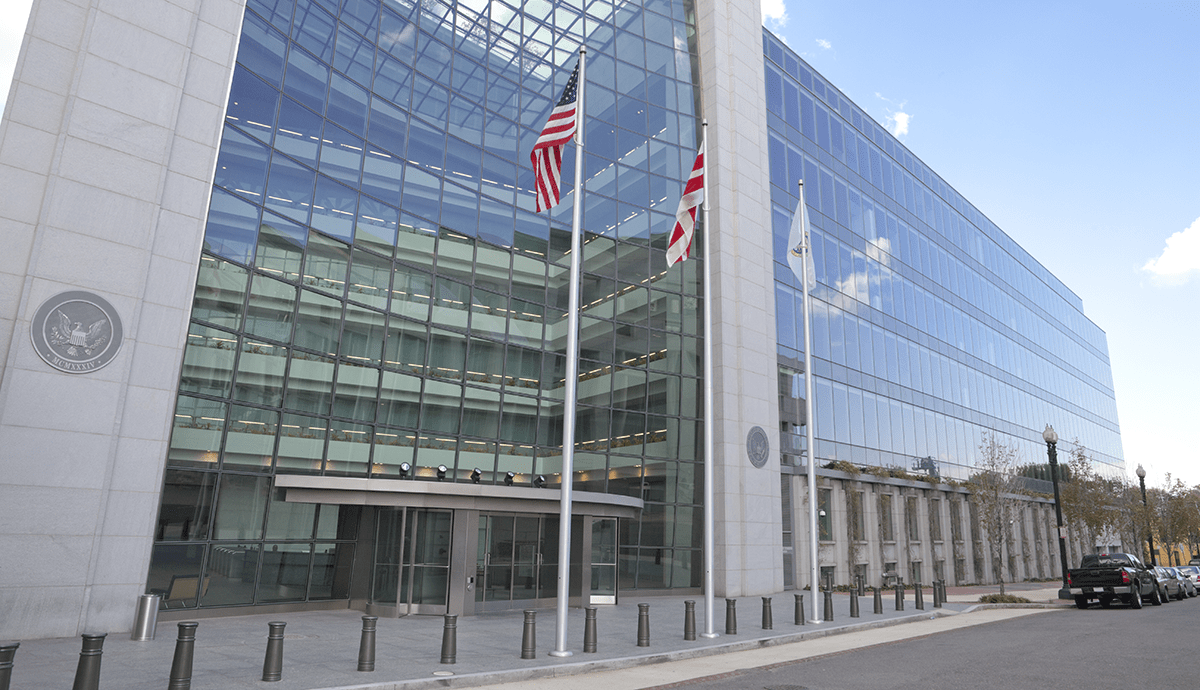- Investors with over $130 trillion in assets asked more than 15,000 companies worldwide to disclose environmental information.
- All 50 Fortune 100 companies included environmental disclosures in their 2022 reports filed with the SEC.
- The SEC filing review process is conducted to ensure companies provide investors with material information.
- The SEC selectively reviews companies’ filings to check for compliance with accounting and disclosure requirements.
- The SEC may review an entire filing cover-to-cover or just certain parts of specific filings.
- ESG-related disclosures may not be reviewed by the SEC if they are included in sustainability reports on company websites.
- SEC oversight of ESG disclosures may not be rigorous due to the subjective nature of these disclosures.
- The public dissemination of SEC comments and company responses could help establish disclosure norms.
- The SEC is expected to comment more on ESG-related disclosures to ensure compliance with related requirements.
Taking nonfinancial information into account when conducting financial analyses has become increasingly important to investors in recent years. This demand for environmental, social, and governance (ESG)-related information has led to companies reporting more nonfinancial data than ever before. When companies disclose nonfinancial information in their SEC filings, they become subject to the SEC filing review process.
The SEC filing review process is handled by the SEC Division of Corporation Finance, which selectively reviews companies’ filings to ensure compliance with accounting and disclosure requirements. However, the SEC discloses only those filings that resulted in at least one comment, so it is uncertain whether the SEC reviewed a filing without comment. Furthermore, the SEC may review only certain parts of filings, and it does not disclose the scope of its review to the public.
ESG-related disclosures are often included in DEF 14A proxy statements, which may or may not be reviewed by the SEC. If ESG-related disclosures are outside an SEC filing altogether, the SEC may have no responsibility to review them. Therefore, stakeholders cannot assume that the absence of an SEC comment letter means the ESG disclosures are complete and accurate.
The SEC is more effective at enforcing compliance with bright-line accounting and disclosure rules but may be less likely to issue comment letters when disclosures rely on a company’s professional judgment. Given the subjective nature of many ESG-related disclosures and the lack of a standardized reporting framework, it is unclear how rigorous SEC oversight of ESG disclosures can be. However, the public dissemination of SEC comments and company responses could help establish disclosure norms over time.
It is anticipated that the SEC will increasingly comment on ESG-related disclosures to ensure compliance with related requirements. The reporting area is evolving rapidly, and it is important for all stakeholders to stay informed and up-to-date.







